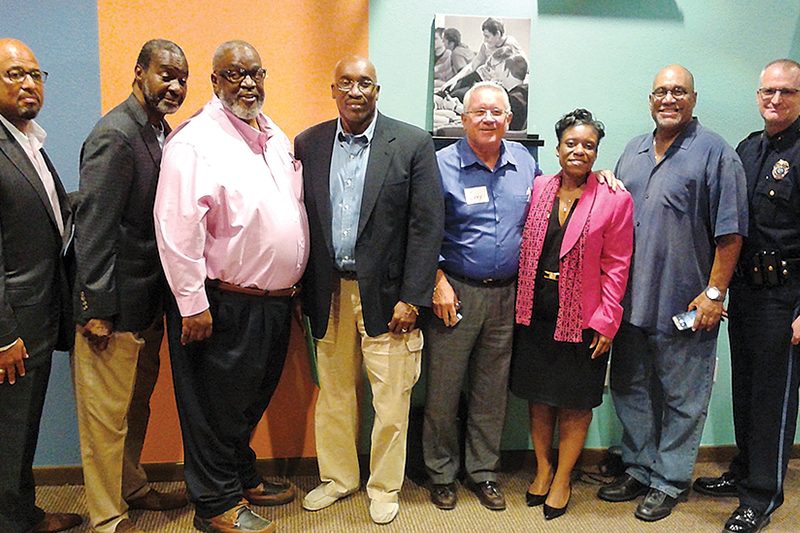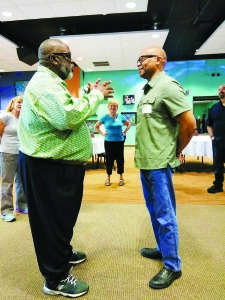This we all can agree!


 This training has been successful in so many different settings because of its broad approach. Conflict is universal, and whether you are dealing with conflict on a global level (between the rich and the poor), community level (street violence), social level (coworkers), interpersonal level (family) or personal level (internal), this philosophy applies.
This training has been successful in so many different settings because of its broad approach. Conflict is universal, and whether you are dealing with conflict on a global level (between the rich and the poor), community level (street violence), social level (coworkers), interpersonal level (family) or personal level (internal), this philosophy applies.